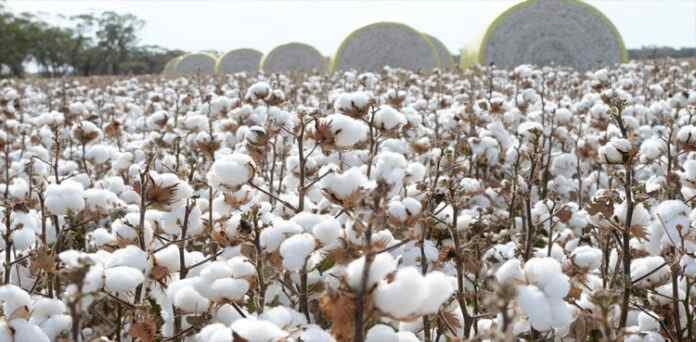Pakistan is preparing to roll out a satellite-powered crop monitoring system next year to settle ongoing disputes over Punjab’s cotton production figures. The initiative aims to bring precision to agricultural reporting, helping policymakers and industry leaders make better decisions on trade, pricing, and future planting strategies.
The project will be overseen by the Special Investment Facilitation Council (SIFC) in partnership with China and Pakistan’s Land Information and Management System (LIMS), a platform launched in 2023 to promote tech-driven, sustainable farming.
Decades-Old Cotton Data Mismatch
For years, two major sources of cotton production data have clashed: the Punjab Crop Reporting Service (CRS) and the Pakistan Cotton Ginners Association (PCGA). The CRS’s government-backed estimates often show far higher numbers than PCGA’s reports, which only count cotton arriving at operational ginning factories.
This season’s figures illustrate the gap. By July 31, CRS reported 609,000 bales of seed cotton harvested in Punjab, while PCGA logged just 301,000 bales.
CRS Director-General Dr Abdul Qayyum argues that PCGA’s tally misses cotton stored on farms, moved to other provinces, or stockpiled by traders. He also blamed under-invoicing at ginning units for distorting numbers and has called on the Federal Board of Revenue to introduce real-time digital reporting at all factories.
How Satellites Could Change the Game
The new system will use satellite imagery, GPS-enabled devices, and FAO-approved field sampling to map cotton cultivation with unprecedented accuracy. If successful, it could set a precedent for other crops, replacing manual estimates with data-driven forecasting—a major step toward modernizing Pakistan’s agriculture sector.
Industry Shake-Up: Textile Mills Eye Research Body
Meanwhile, the All Pakistan Textile Mills Association (APTMA) has expressed interest in taking control of the Pakistan Central Cotton Committee (PCCC), the country’s primary cotton research body. A high-level meeting chaired by Deputy Prime Minister Ishaq Dar recently resolved long-standing financial issues between APTMA and PCCC, opening the door for a potential takeover.
Industry insiders say this move could speed up research into high-yield and climate-resilient cotton varieties, critical as climate change and pest pressures reduce yields.
Cotton Prices Surge Amid Weather Woes
Heavy rains in cotton-growing regions have cut the availability of quality cotton, driving local prices up by Rs200–300 per maund, now trading between Rs16,400 and Rs16,600. Cotton Ginners Forum Chairman Ihsanul Haq has warned that further rupee depreciation could send prices even higher, squeezing textile manufacturers already grappling with rising costs.

